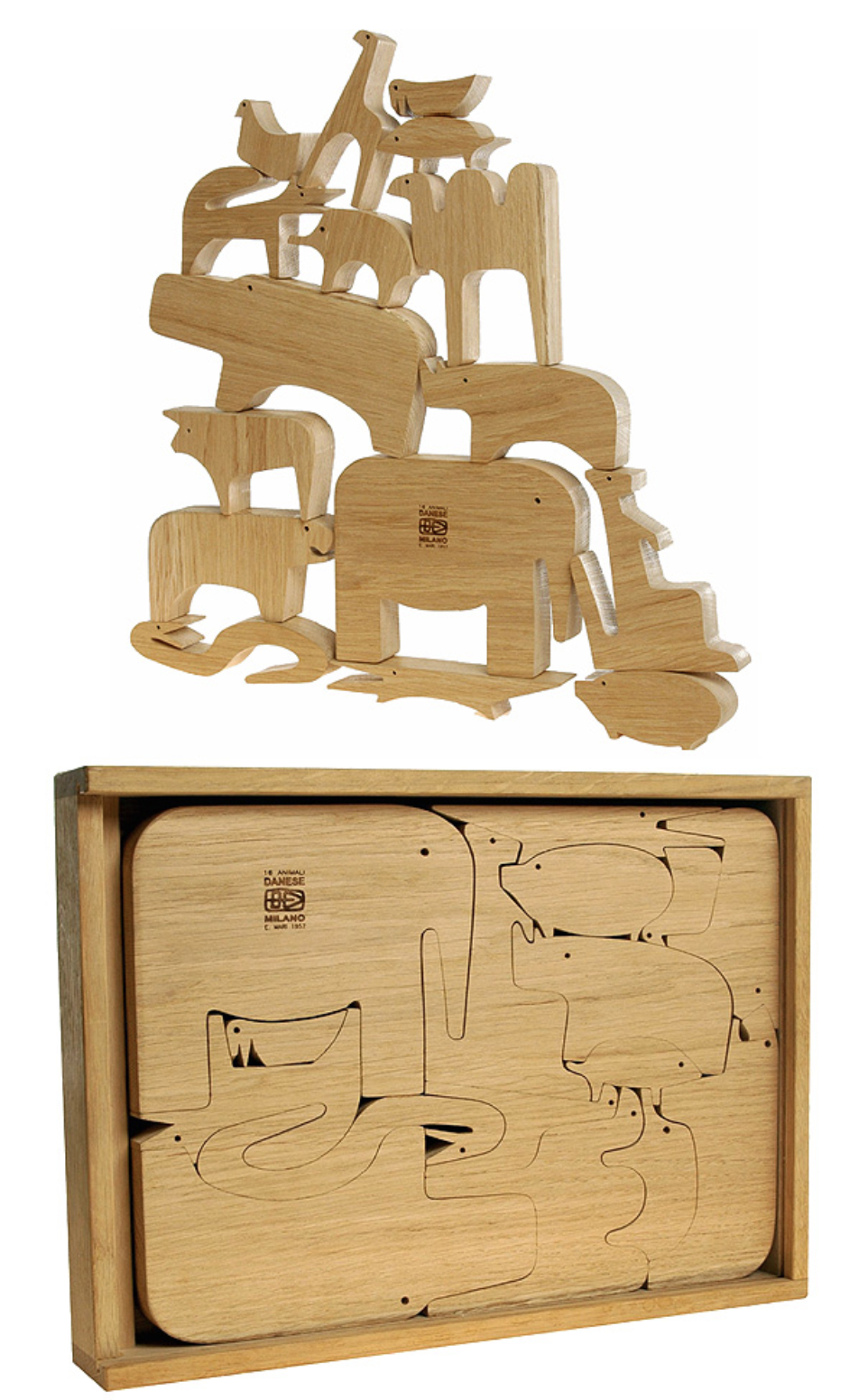In Memoriam Enzo Mari
La serie della natura N.1: la mela (the nature series N.1: the apple)
When I design an object and people say, ‘Oh, well done!’, I unfailingly ask myself, ‘Where did I go wrong?’ If everybody likes it, it means I have confirmed the existing reality and this is precisely what I don’t want.
Enzo Mari was not afraid to be considered a contrarian. Along with his pencils he carried his principles with him wherever he went.The artist and designer, who died recently, was extraordinarily prolific, creating over 2000 realised designs during a 60 year career: pepper pots and children’s books, furniture and toys, calendars, posters, buildings, street furniture … his output knew no bounds.
Enzo’s approach to design, and his left wing politics, were forged early, during a childhood of poverty and hardship. When his father Luigi fell ill, he was forced to quit school and take on any work he could find. At first he delivered cabbages. Then he laid bricks. For a time he sold soap. Eventually though, Enzo gravitated towards work which allowed his creative instincts to flourish, no matter how humble the medium might be …
I would apply for any sort of artisanal work that would come up. Making a sign for a wine-seller, for example, or supports for a shop window. I couldn’t let on that I still had no method. Each time I would attempt to figure out, to understand, what was essential. This search for what is essential is still today my first thought when designing.
Once he became established as a professional designer in the 1950’s Enzo brought simplicity, innovation and egalitarianism to everything he did.
Autoprogettazione chair, 1974
With the Autoprogettazione project Enzo provided a step by step guide for anyone to build their own furniture from scratch with the simplest of materials. Above is a chair from the project. Yet Enzo’s hope was not just that people would build the furniture, but also that in the process they would add their own modifications and acquire rudimentary design and fabrication skills themselves. Over 5000 people wrote to his studio in Milan to request a manual.
The Calendar Formosa for Danese Milano, 1963
Enzo’s calendar for Danese was designed to eschew the ritual of needing to be replaced at the end of every year: with the days and months displayed independently it could be used in perpetuity (or at least for as long as the PVC cards and aluminium frame allow).
16 Animali for Danese Milano, 1957
Among the toys Enzo produced was 16 Animali in which the 16 animals are carved from one single continuous cut in a block of oak. Hardly any wood is wasted and once the toys have been played with on their own they can be reconfigured as a puzzle.
A printed draft of La mela e la farfalla (the apple and the butterfly), 1958
La Mela e La Farfalla (The Apple and the Butterfly) was a book for kids who could not yet read. It was conceived to help them understand nature and, with its bold, bright, colourful images, distract them from television. The first edition had no cover, because it had no beginning or end – just like the seasons and the cycle of life.
Upon being invited to collaborate with a firm of architects in the restoration of the Piazza del Duomo in Milan, Enzo created street furniture for the poor and those who had recently immigrated because he knew they would assemble in the centre of the city as they searched for work.
When designers die some leave behind beautiful objects which will live on for generations, others leave behind brilliant conceptual thinking which will inspire those who follow in their footsteps, and others leave a life defined by principles to which they remained true even when those principles cost them dear.
It’s very rare to have a designer who leaves a legacy of all three.
RIP Enzo Mari, b. 1932, d. 2020.





